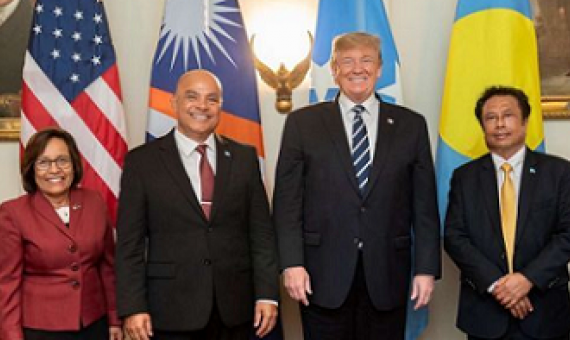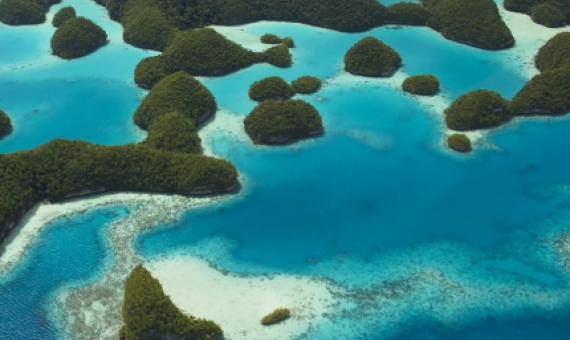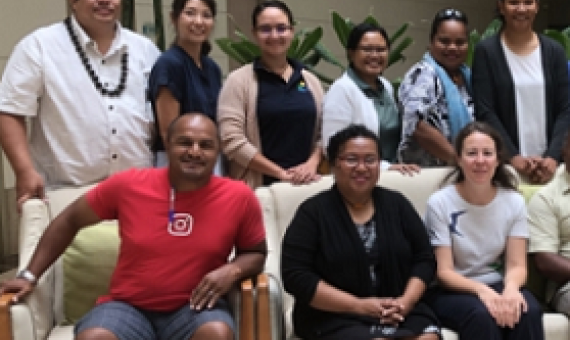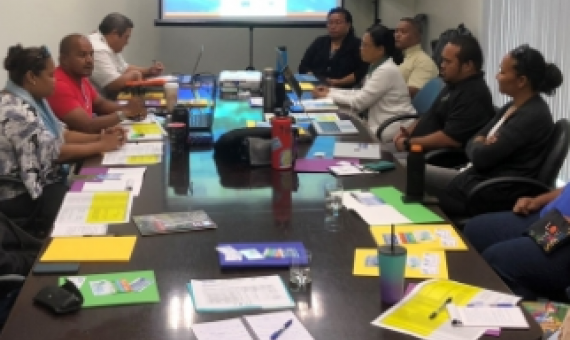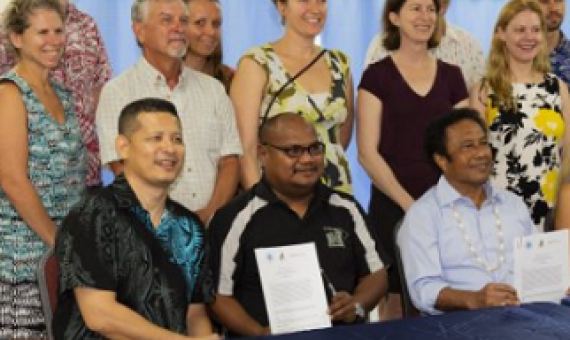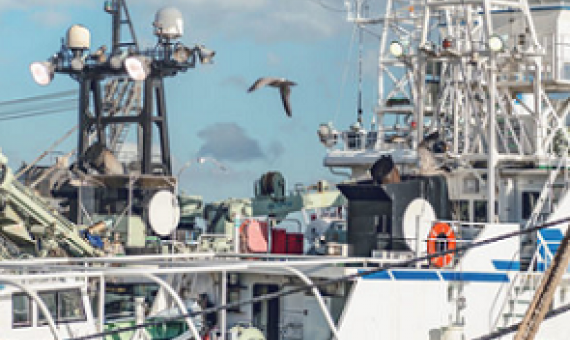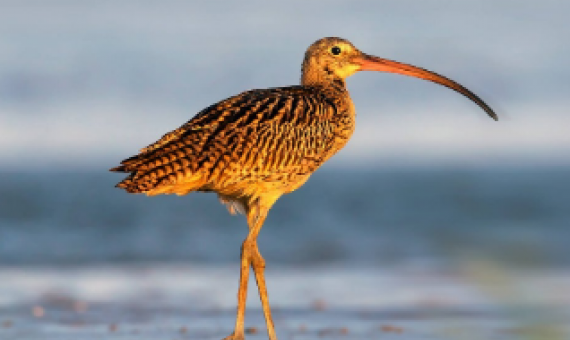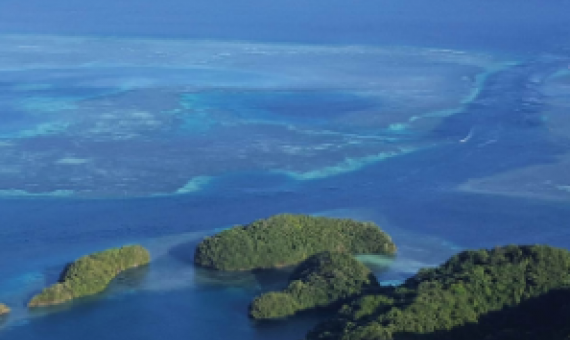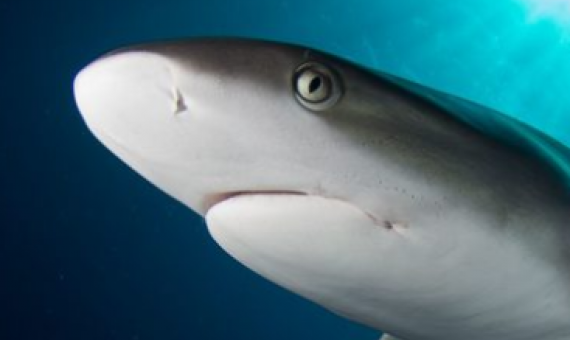The United States of America, the Republic of Palau, the Republic of the Marshall Islands, and the Federated States of Micronesia, as Pacific nations, jointly reaffirm our interest in a free, open, and prosperous Indo-Pacific region.
Proceedings & Findings of the 1st National Environment Symposium, August 2016
Demonstrating the remarkable power of collaboration and big thinking that Palau so often exhibits, in 2016 a diverse partnership produced the nation’s 1st National Environment Symposium. The event brought together conservation groups, national leaders, business owners, and community members for intimate discussion and respectful debate on the successes, challenges, and opportunities facing Palau’s environment.
Scientists are developing a prediction system that uses historical records of fishing activity and satellite observations of oceanographic conditions to direct surveillance patrols in the Republic of Palau. Click on the link below to read the full article.
Working with Pacific island countries to report to the various multilateral environmental agreements (MEAs) such as the Convention on Biological Diversity, an objective of the Inform Project is to address the on-going challenge of compiling high-quality, and up to date data on the environment.
The technical workshop brought together key stakeholders: state-based protected area managers, the Palau Conservation Society, Palau PAN Office, The Nature Conservancy Palau and Palau National Marine Sanctuary and enabled them to share and discuss common protected area issues and challenges
The government of Palau is partnering with the Palau International Coral Reef Center (PICRC) and the Stanford Ocean Solutions to co-develop science-based policy recommendations and options supporting the implementation of the Palau National Marine Sanctuary (PNMS).
Despite a fishing ban from December 2020, Palau will allow Japanese fishermen to continue catching skipjack tuna in the Pacific nation's waters. Click on the link below to read the full article.
Pristine coastal wetland Peleliu Lkes has been treasured in local art and culture for centuries, and acts as a refuge for Endangered shorebirds such as the Far Eastern Curlew. However, the time-honoured bond between people and nature is threatened by the development of a nearby tourism resort.
This study is one of the first of its kind to document the near-immediate response of fishing activity to fine-scale physical ocean conditions over many years, and even changes associated with an El Niño event.
According to the Global Shark Conservation, the three island nations are among 67 governments co-sponsoring one or more proposals leading up to this year's conference of the Convention on International Trade in Endangered Species, also known as CITES.

